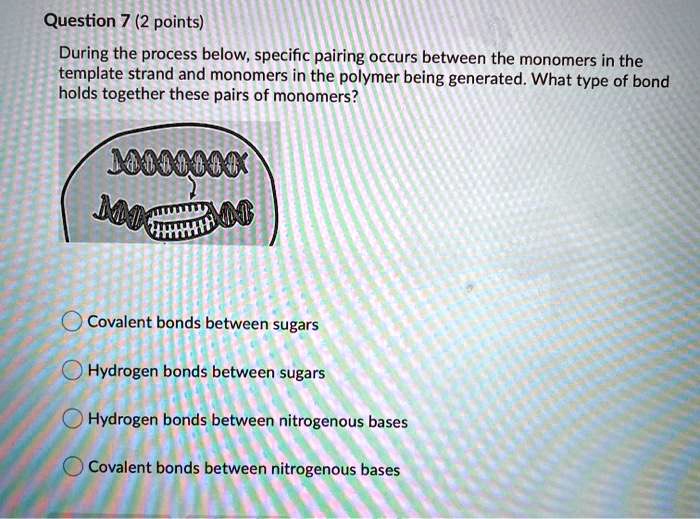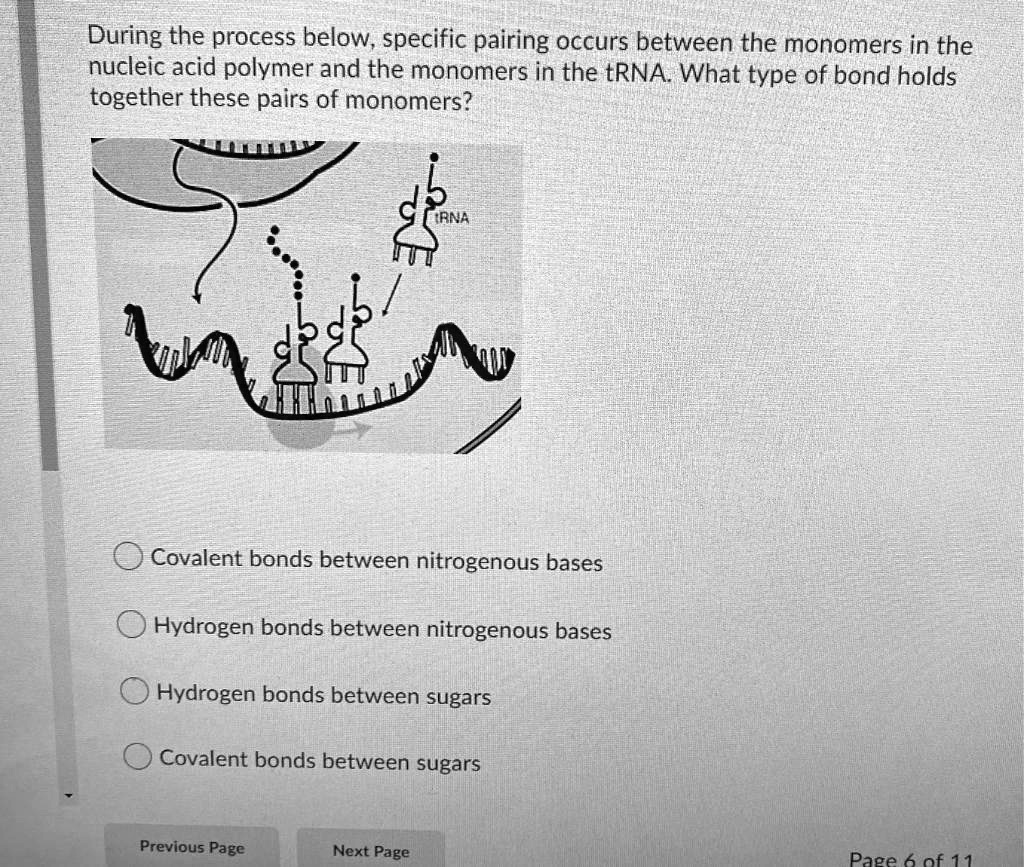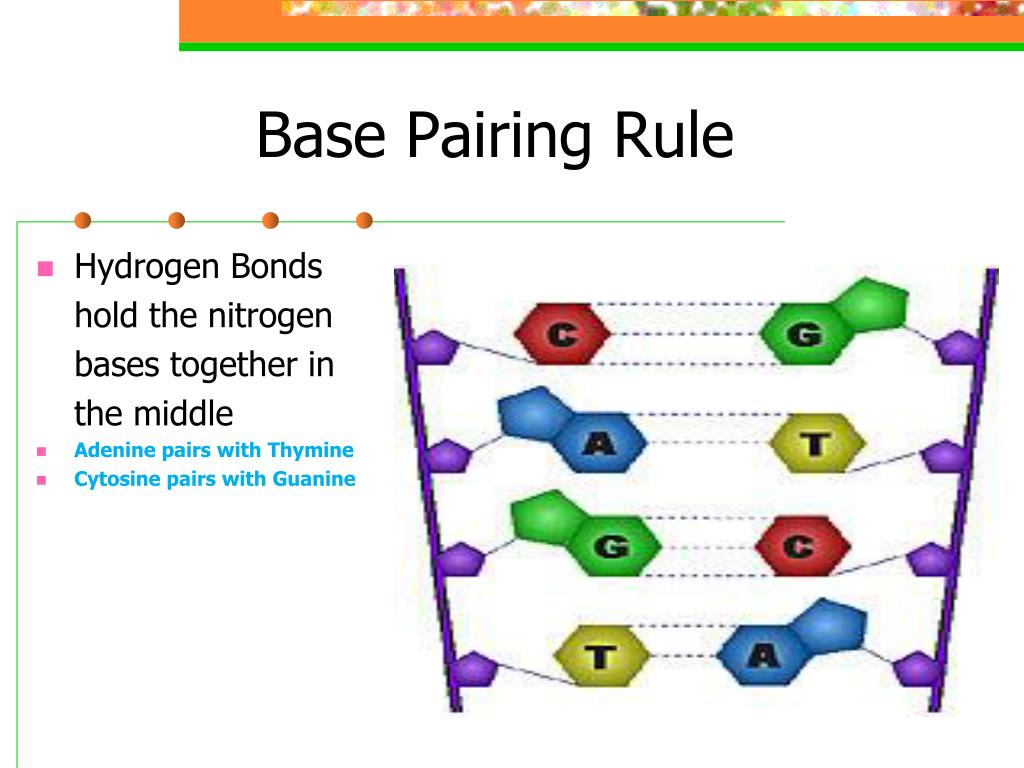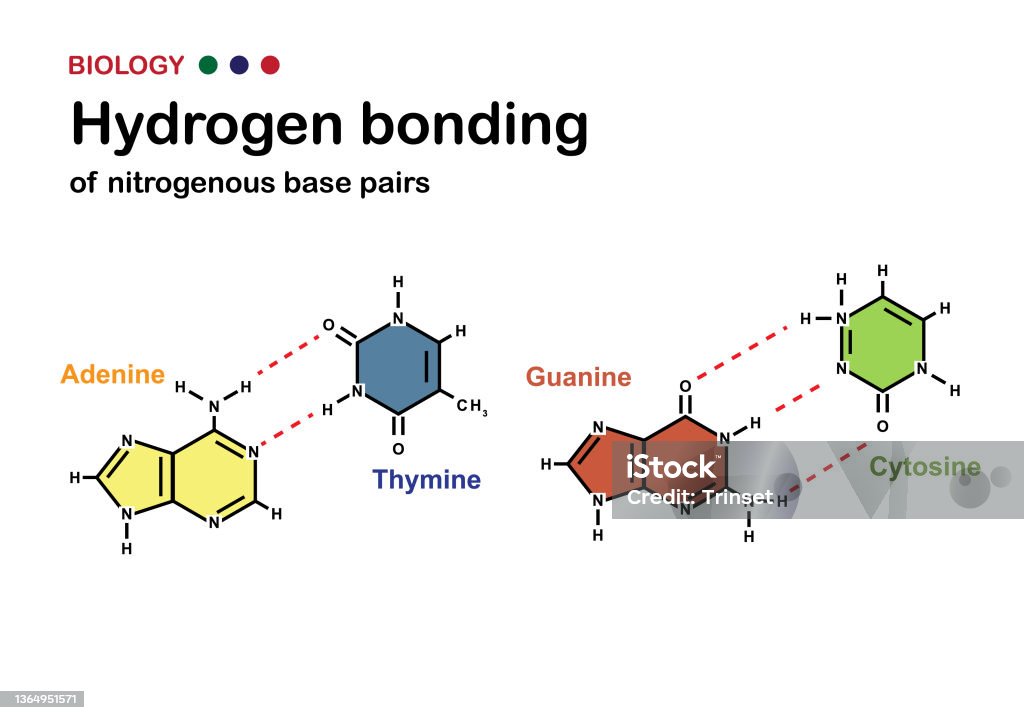What Type Of Bond Holds The Nitrogenous Bases Together
What Type Of Bond Holds The Nitrogenous Bases Together - The building blocks of dna are nucleotides, which are made up of three parts: Dna normally exists as a two antiparallel complementary strands held together by hydrogen bonds between adenines (a) and.
Dna normally exists as a two antiparallel complementary strands held together by hydrogen bonds between adenines (a) and. The building blocks of dna are nucleotides, which are made up of three parts:
Dna normally exists as a two antiparallel complementary strands held together by hydrogen bonds between adenines (a) and. The building blocks of dna are nucleotides, which are made up of three parts:
Answered What type of bond holds the nitrogen… bartleby
Dna normally exists as a two antiparallel complementary strands held together by hydrogen bonds between adenines (a) and. The building blocks of dna are nucleotides, which are made up of three parts:
Unit 6 Protein Synthesis and Mutations ppt download
Dna normally exists as a two antiparallel complementary strands held together by hydrogen bonds between adenines (a) and. The building blocks of dna are nucleotides, which are made up of three parts:
Which Pair Of Nitrogenous Bases Will Form A Bond In A Dna Molecule
Dna normally exists as a two antiparallel complementary strands held together by hydrogen bonds between adenines (a) and. The building blocks of dna are nucleotides, which are made up of three parts:
Which Pair Of Nitrogenous Bases Will Form A Bond In A Dna Molecule
The building blocks of dna are nucleotides, which are made up of three parts: Dna normally exists as a two antiparallel complementary strands held together by hydrogen bonds between adenines (a) and.
DNA Vocabulary. ppt download
The building blocks of dna are nucleotides, which are made up of three parts: Dna normally exists as a two antiparallel complementary strands held together by hydrogen bonds between adenines (a) and.
SOLVED Question 7 (2 points) During the process below, specific
Dna normally exists as a two antiparallel complementary strands held together by hydrogen bonds between adenines (a) and. The building blocks of dna are nucleotides, which are made up of three parts:
SOLVED During the process below, specific pairing occurs between the
Dna normally exists as a two antiparallel complementary strands held together by hydrogen bonds between adenines (a) and. The building blocks of dna are nucleotides, which are made up of three parts:
Which Pair Of Nitrogenous Bases Will Form A Bond In A Dna Molecule
Dna normally exists as a two antiparallel complementary strands held together by hydrogen bonds between adenines (a) and. The building blocks of dna are nucleotides, which are made up of three parts:
Biology Diagram Show Hydrogen Bond Of Dna Nitrogenous Base Pair
The building blocks of dna are nucleotides, which are made up of three parts: Dna normally exists as a two antiparallel complementary strands held together by hydrogen bonds between adenines (a) and.
Dna Normally Exists As A Two Antiparallel Complementary Strands Held Together By Hydrogen Bonds Between Adenines (A) And.
The building blocks of dna are nucleotides, which are made up of three parts:
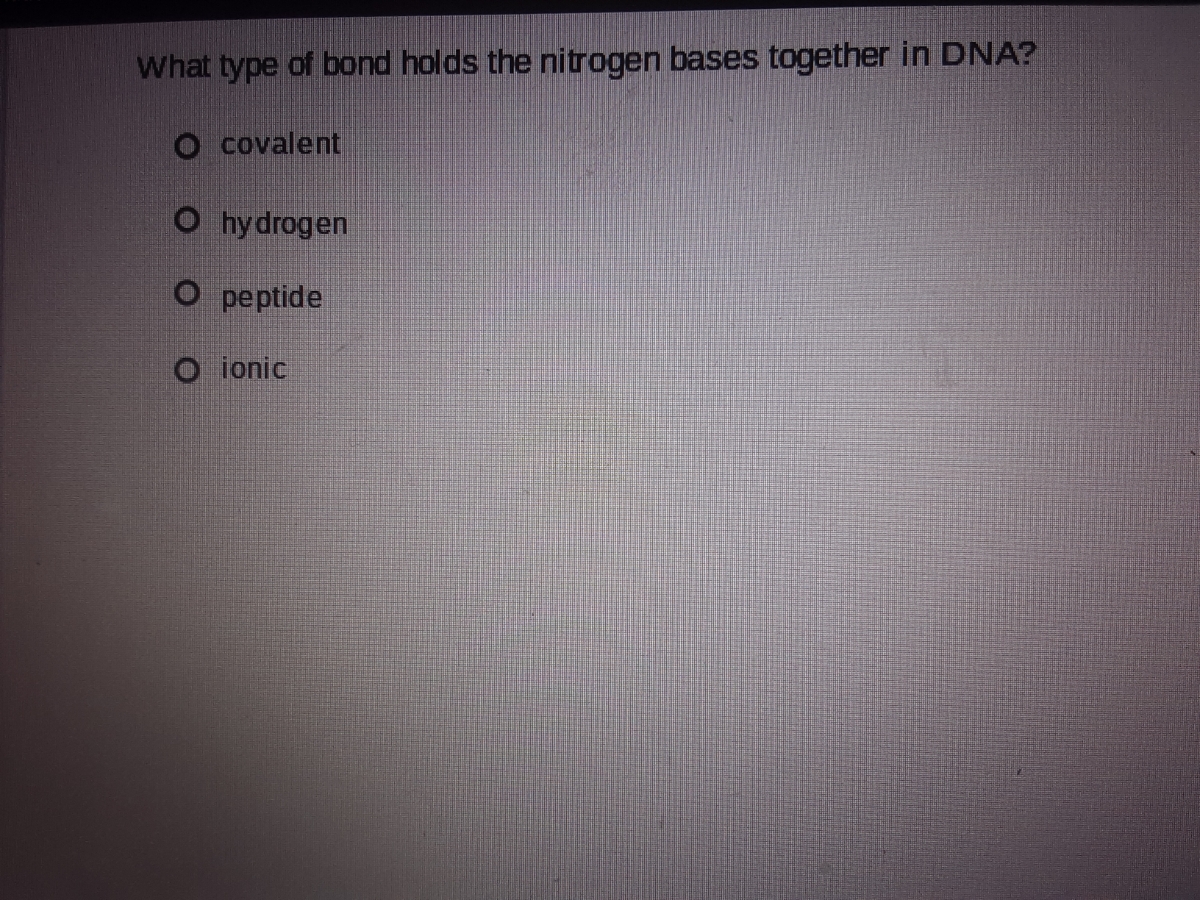


.jpg)
